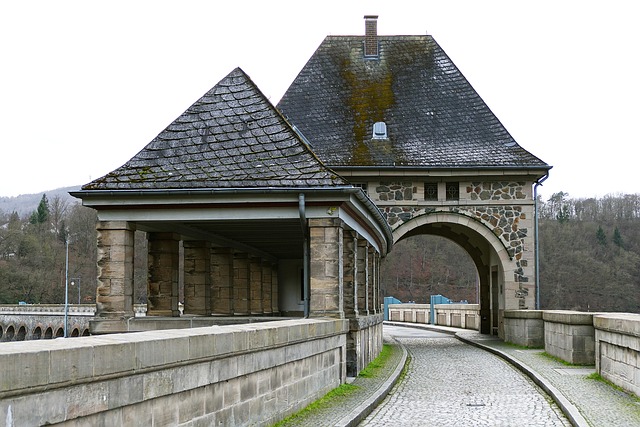Hatta Dam Activities offers immersive cultural workshops teaching traditional crafts like pottery, weaving, and woodcarving, preserving local heritage. These hands-on sessions enhance understanding of community history, foster creativity, and promote diversity appreciation. In the digital age, such experiences revolutionize education, engaging participants in meaningful cultural engagement while contributing to tradition continuity.
Cultural workshops offer unique learning experiences, immersing participants in traditional crafts and preserving heritage. From understanding their role and benefits to exploring immersive activities like Hatta Dam events, these sessions foster community engagement and leave lasting impacts. This article delves into various aspects, including the value of traditional skills, the importance of immersive experiences, and practical tips for designing successful cultural workshops.
- Understanding Cultural Workshops: Their Role and Benefits
- Traditional Crafts: Preserving Heritage through Hands-on Learning
- Immersive Experiences: Why They Are Key to Effective Workshops
- Hatta Dam Activities: A Case Study in Cultural Immersion
- Designing and Delivering a Successful Cultural Workshop
- The Impact of Cultural Workshops on Community Engagement
Understanding Cultural Workshops: Their Role and Benefits
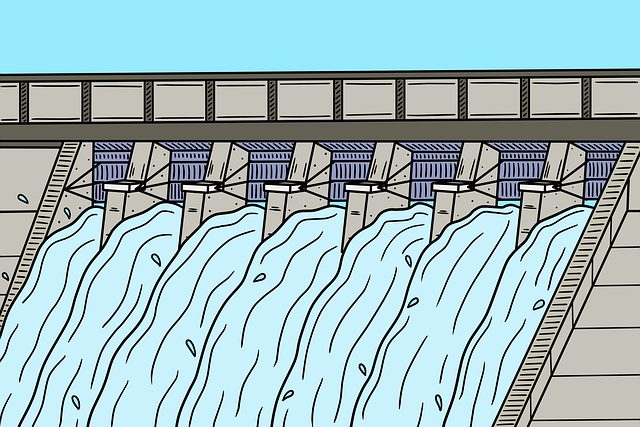
Cultural workshops offer a unique opportunity to dive into and explore traditional crafts, providing an immersive experience that goes beyond mere learning. These workshops, often held in vibrant locations like Hatta Dam activities centres or cultural villages, serve as a bridge between the past and present, preserving age-old techniques while fostering a deeper understanding of local heritage.
By participating in such workshops, individuals not only acquire practical skills but also gain insights into the cultural context behind the crafts. This hands-on approach encourages engagement with traditions, allowing attendees to connect with the community on a deeper level. Moreover, these immersive experiences can enhance creativity and foster a sense of appreciation for diversity, making them invaluable for anyone seeking authentic and meaningful interactions with local culture.
Traditional Crafts: Preserving Heritage through Hands-on Learning
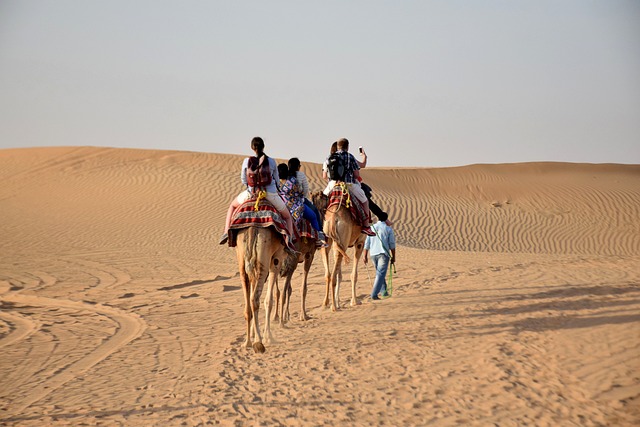
Traditional crafts, passed down through generations, offer a unique window into a community’s heritage and cultural identity. These hands-on practices, often centered around intricate skills like pottery, weaving, or woodcarving, are more than just hobbies; they are living traditions that connect communities to their roots. Workshops focused on traditional crafts provide an immersive learning experience, allowing participants to not only appreciate the artistry but also understand the stories and cultural context behind them.
In places like Hatta Dam, these activities play a vital role in preserving local heritage. By engaging in such workshops, visitors can contribute to the continuity of these traditions while gaining a deeper appreciation for the diversity and richness of cultural crafts. This immersive learning offers a refreshing break from digital experiences, fostering a sense of connection with nature and community that is both educational and deeply personal.
Immersive Experiences: Why They Are Key to Effective Workshops
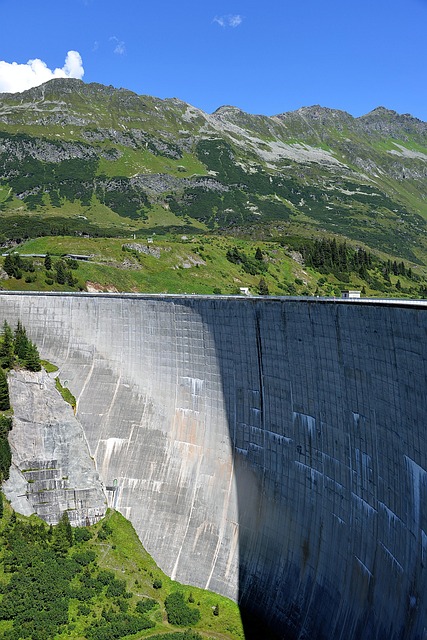
In today’s digital age, immersive experiences are more than just a trend; they’re a game-changer in educational settings, especially for cultural workshops centered around traditional crafts. When participants engage in hands-on activities like those offered at Hatta Dam, they aren’t just learning—they’re living and breathing the culture. This type of immersive experience allows individuals to connect with the craft on a deeper level, fostering a sense of understanding and appreciation that goes beyond mere knowledge transfer.
For instance, attending a traditional pottery workshop where you not only learn about the history but also attempt shaping clay yourself, instills a practical insight into the skills and patience required. This experience becomes a key factor in effective learning, encouraging creativity, and fostering a deeper connection to the cultural heritage being shared—all while enjoying the vibrancy of activities like those found at Hatta Dam.
Hatta Dam Activities: A Case Study in Cultural Immersion

Hatta Dam Activities offer a unique and immersive cultural experience, showcasing traditional crafts and skills that are integral to the region’s heritage. Visitors can actively participate in workshops where they learn about the history and techniques behind various artisanal practices. From pottery making to weaving and woodcarving, these hands-on sessions provide a deep dive into the local culture, allowing folks to connect with nature and tradition on a whole new level.
The activities at Hatta Dam are more than just learning experiences; they are a testament to the community’s resilience and creativity. By engaging in these traditional crafts, participants not only gain valuable skills but also contribute to the preservation of these age-old practices. This cultural immersion fosters a deeper appreciation for the region’s history and helps to tell its story in a vibrant and engaging manner.
Designing and Delivering a Successful Cultural Workshop
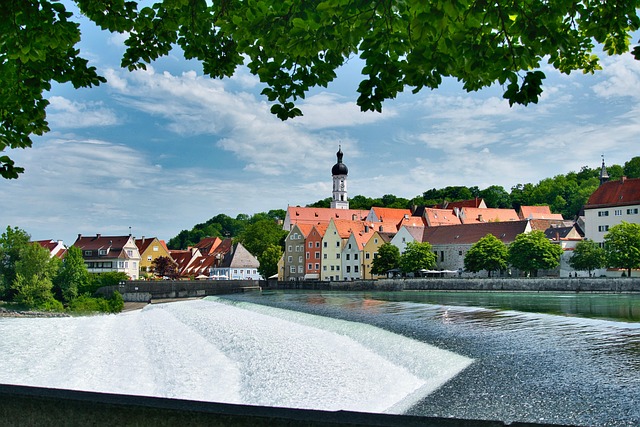
Designing and delivering a successful cultural workshop involves careful planning and an immersive approach. At Hatta Dam activities, we focus on creating unique learning experiences that engage participants with traditional crafts. Our workshops are more than just demonstrations; they’re designed to foster hands-on participation, encouraging attendees to learn by doing. By combining practical sessions with cultural storytelling, we ensure a memorable journey into the heart of our heritage.
Each workshop is tailored to highlight specific aspects of local craftsmanship, allowing participants to connect with the rich history and skills that define our community. Our facilitators are not just instructors but also ambassadors of culture, sharing their passion and expertise while fostering a sense of community and appreciation for traditional arts. This immersive experience goes beyond the workshop itself, leaving a lasting impact on participants who return home with newfound knowledge and a deeper understanding of our cultural tapestry.
The Impact of Cultural Workshops on Community Engagement

Cultural workshops that focus on traditional crafts offer a unique learning opportunity with immersive experiences, fostering community engagement and strengthening local identities. These hands-on activities, such as those found at Hatta Dam, allow participants to connect with their cultural heritage, passing down ancient skills and knowledge from one generation to the next. By engaging in these workshops, individuals not only acquire practical abilities but also develop a deeper appreciation for their community’s history and traditions.
Such immersive experiences create a sense of belonging and encourage social interaction, breaking down barriers and fostering understanding among diverse groups. The collaborative nature of traditional craft-making promotes cultural exchange, where participants from different backgrounds can come together, share stories, and learn from one another. This, in turn, enhances community cohesion and strengthens the overall social fabric, leaving a lasting impact that resonates beyond the workshop hall.
Cultural workshops, by offering traditional crafts and immersive experiences, play a vital role in preserving heritage and fostering community engagement. As seen in the case study of Hatta Dam Activities, these sessions create unique learning opportunities that connect participants to their cultural roots. By designing and delivering successful workshops, we can enhance cultural understanding and ensure that traditions thrive. This article has highlighted the benefits and key elements of effective cultural programming, emphasizing its impact on communities and the importance of hands-on, immersive learning.
